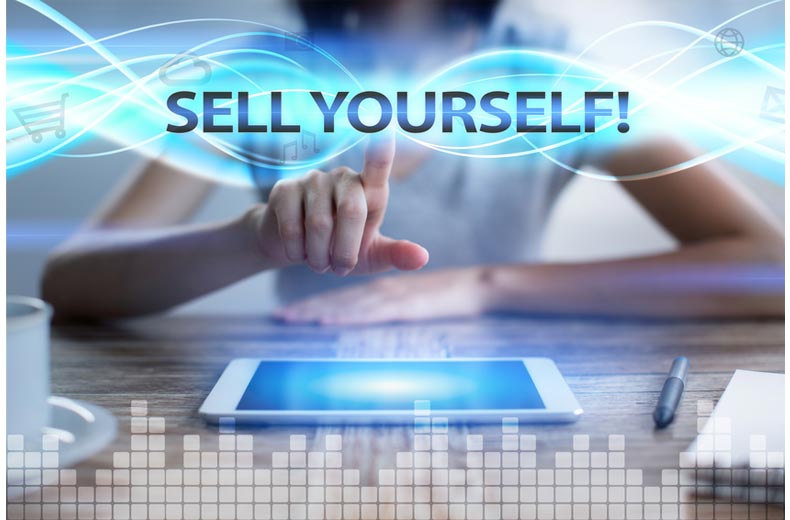You might not necessarily think of startup founders as being responsible for sales.
Many startups don’t try to monetize right away. Many hire sales teams to handle this for them. Many offer self-service products that don’t require human sales reps.
But as a founder, you need to take a leadership role in turning your company into a business success, and that means pulling in revenue. And even if you aren’t monetizing yet, you’re still “selling” – to investors.
Even if you’re the visionary or a technical founder, you need to sharpen your sales skills. Here are some things to keep in mind that can help.

1. You’re Selling Yourself in Addition to Your Product
People buy from people they like and trust. In the real world, Matilda’s father in the Roald Dahl book is so clearly untrustworthy that he wouldn’t be able to sell an ice-cold watermelon in the desert.
You have to make someone like you, and sometimes you have only a few seconds to do that. Smiling makes other people smile, so smiling is the first step to helping people feel happy to meet you. However, not all smiles are equal, and a false smile will harm your selling ability.
Good salespeople take an interest in the other person and are genuine in their desire to learn more about the other person and to help them.
Even in business-to-business sales, how your personality is perceived is a major success factor. This is because the deal is always done between two individuals who meet face-to-face, on the phone or online. Even when millions of dollars’ worth of sales are on the table, it all comes down to that relationship.
Your facial expression is a prerequisite to sales success, but it is only the beginning. You need to have total knowledge and understanding of your product, because only then can you make the case persuasively that it will help your sales prospect.
2. Know Your Prospect Before You Reach Out
High-pressure selling is dead. Today, the only person who can decide whether a deal is going to happen is the prospective customer. Even the very slight hurdle of getting a lead’s email address has become more difficult nowadays, as people have come to understand how valuable their personal data is.
A potential sale is only going to happen if your product or service satisfies an urgent need. A sale is a trade deal that must benefit both parties, so you cannot sell to everyone because only a few people understand that they need your services.
Your prospect may already have a good understanding of what you are selling through your website and marketing materials, but her product knowledge will always be less than yours. Understanding the buyer’s needs will make the difference between a sale and a fail, so be sure to be thorough in your customer research before any phone conversation or meeting.
In the B2B sector, a sale must increase profits for the purchasing company, so you need to understand the buyer’s business, know her market and be knowledgeable about her competitors before you even smile.
Check your customer relations management (CRM) software, so you know every one of the client’s interactions with your business thus far, and use prospecting intelligence tools to enrich your data.
3. Make Sure to Listen Even More Than You Talk
As a startup founder, nobody knows your product better than you. However, no buyer wants to hear how wonderful your business is or even how it solves general problems.
A buyer or investor wants you to focus in on them and explain how your products relate to them and how they address their individual issues.
Your first step must be to learn about your prospective buyer’s problems, and to do that you must listen. Encourage the client to open up about the problem she is hoping to solve by buying from you.
Once you understand the customer’s problems, you can then guide her to whichever of your products that will best solve her problem.
The Short Version
The stereotypical hard-selling and aggressive salesman never existed except in Roald Dahl’s mind. In today’s business environment marketing and selling need to be subtle.
Listening with a frown is never going to make a sale, and you need to make a prospect like you. Give yourself a head start in a sales conversation by getting the customer to like you. Do this by smiling and expressing a real interest in her problems.
You can only sell your service if the other party wants to buy. Someone will only buy from you if you can solve an urgent need, and you only learn about a buyer’s requirements by listening. Your role as a salesperson is to be the expert who listens to the prospect and then explains how the product will address that person’s needs.
B2B buyers will expect you to explain how your service can increase their profitability, and you should be prepared for questions relating the sustainability of your manufacturing process.